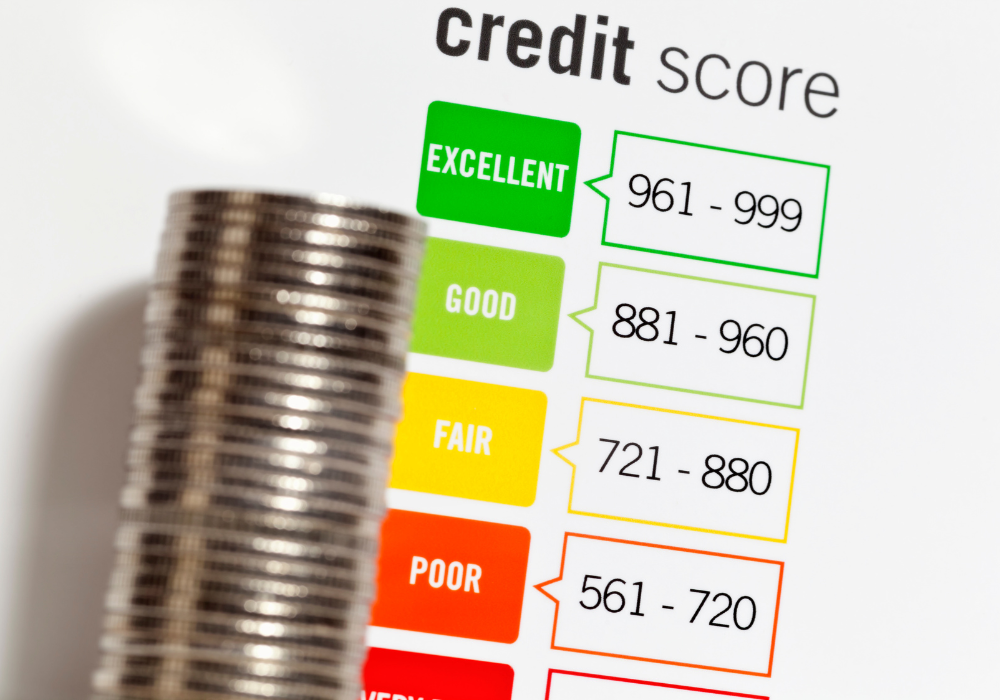Managing money can sometimes feel confusing or overwhelming. Many of us struggle to keep track of where our money goes or how to save for the future. But with the right tools, anyone can take control of their finances and secure your financial future.
Budgeting and saving are two of the most powerful tools to help you do just that. They might sound basic, but when done right, they work like magic—helping you reduce stress, make smarter choices, and achieve your financial goals.
Why Budgeting Matters
Budgeting is not about restricting yourself or counting every penny. It’s about knowing where your money goes and making choices that support your goals. Without a budget, it’s easy to spend more than you earn or lose track of bills and debts.
When you create a budget, you get a clear view of your income and expenses. This helps you avoid overspending and manage your money wisely. A good budget can make sure you live within your means, avoid unnecessary debt, and save for things that matter to you.
Budgeting also helps prepare you for surprises. Life is full of unexpected costs—like medical bills or car repairs. Having a budget means you can handle these without stress.

How to Start Budgeting
Starting a budget might seem tricky, but it’s simpler than you think. The first step is to understand how much money you bring in and how much you spend each month.
List all your income sources: salary, freelance work, side jobs, or any other money you get regularly. If your income varies, try calculating an average over a few months.
Next, track your expenses. Break them into two groups: fixed and variable. Fixed expenses are things like rent, utilities, or loan payments—these are the bills that usually stay the same each month. Variable expenses include groceries, transportation, entertainment, and eating out—these can change from month to month.
After you have a clear picture, compare your income and expenses. Are you spending more than you earn? Or do you have money left over? This will help you understand where changes might be needed.
Different Ways to Budget
There’s no one-size-fits-all budget. People manage money in different ways, and it’s important to find a method that suits your style.
One popular method is the 50/30/20 rule. It divides your income into three parts: 50% for needs, 30% for wants, and 20% for savings or debt repayment. Needs cover essentials like housing and food. Wants are things you enjoy but don’t necessarily need, like dining out or streaming services. The 20% for savings and debt keeps you building a safety net and clearing any loans.
Another approach is zero-based budgeting. This method assigns every dollar a job, so your income minus expenses equals zero at the end of the month. This requires careful planning but can help you avoid wasting money and stay mindful of every expense.
If you earn irregular income—maybe from freelance work or seasonal jobs—consider using an average monthly figure for budgeting. Save extra money during busy months to cover leaner times.
Setting Financial Goals
Budgeting works best when tied to clear goals. It’s easier to stay motivated when you know what you’re aiming for. Your goals might be saving for an emergency fund, paying off debt, buying a home, or going on vacation.
Set goals that are specific and realistic. Instead of saying “I want to save money,” try “I want to save $1,000 in six months.” Break bigger goals into smaller steps. Celebrate progress, no matter how small. Every milestone counts and keeps you moving forward.
Budgeting helps you work toward building a strong financial foundation for your family.
Saving: The Key to Stability
Saving money might feel hard, especially if you’re just starting or have tight finances. But even small amounts add up over time. Think of saving as paying yourself first. Set aside a portion of your income before spending on anything else.
Automatic transfers to a savings account make saving easy and painless. Some apps even round up purchases and save the extra change for you, helping build savings without thinking too much about it.
Your savings don’t have to just sit idle. Look for safe options that might give you a better return than a regular checking account, like high-yield savings accounts or certificates of deposit, depending on what’s available where you live.
Smart Spending Makes a Difference
Budgeting isn’t just about saving and cutting costs; it’s also about making smart choices with your money. Look closely at where you spend on non-essentials. Can you cook more at home instead of eating out? Can you pause subscriptions you rarely use?
Prioritize spending on things that truly add value to your life. This way, you don’t feel deprived, and you still enjoy life’s pleasures while being financially responsible.
Regular reviews and smart decisions can help you take control of your personal finances with more confidence.
Keeping Your Budget on Track
A budget only works if you stick to it. Regular check-ins help keep you on course. Set a monthly reminder to review your income, expenses, and savings. Adjust your budget if you notice you’re overspending in some areas.
If you share finances with a partner or family, make sure you discuss your budget and goals together. Being on the same page helps avoid surprises and keeps everyone motivated.
Remember, budgeting is a skill, and like any skill, it takes practice. Don’t be too hard on yourself if things don’t go perfectly at first. Keep learning, adjusting, and improving.
Final Thoughts
Budgeting and saving don’t have to be complicated or stressful. By understanding your income and expenses, setting clear goals, and sticking to a plan, you can take charge of your financial future.
Remember, it’s not about perfection—it’s about progress. Small, consistent steps add up over time and create lasting financial security.
Start today, stay patient, and watch how managing your money wisely can bring peace of mind and open doors to new opportunities.
These small changes can make a big difference as you achieve your financial goals one step at a time.
FAQs
Q: What if my income is irregular? How can I budget effectively?
A: Calculate your average income based on past months. Save extra during high-earning months to cover periods when income is lower. This creates a buffer and helps you manage your expenses consistently.
Q: How much should I save each month?
A: A common recommendation is to save at least 20% of your income, but any amount is better than none. Start small if you must, and increase your savings as your financial situation improves.
Q: Should I track every single expense?
A: Tracking all spending helps, especially when starting. But don’t stress about being perfect. Use tools or apps to make this easier, and focus on identifying patterns rather than obsessing over every cent.
Q: How do I handle debt while budgeting?
A: Prioritize paying off high-interest debts first, such as credit cards. Include debt payments as part of your budget. Avoid taking on new debt whenever possible.
Q: Can budgeting work if I don’t have a steady paycheck?
A: Yes. Budgeting can be adapted for irregular incomes by averaging income and focusing on flexible spending. The key is regular tracking and planning ahead.










